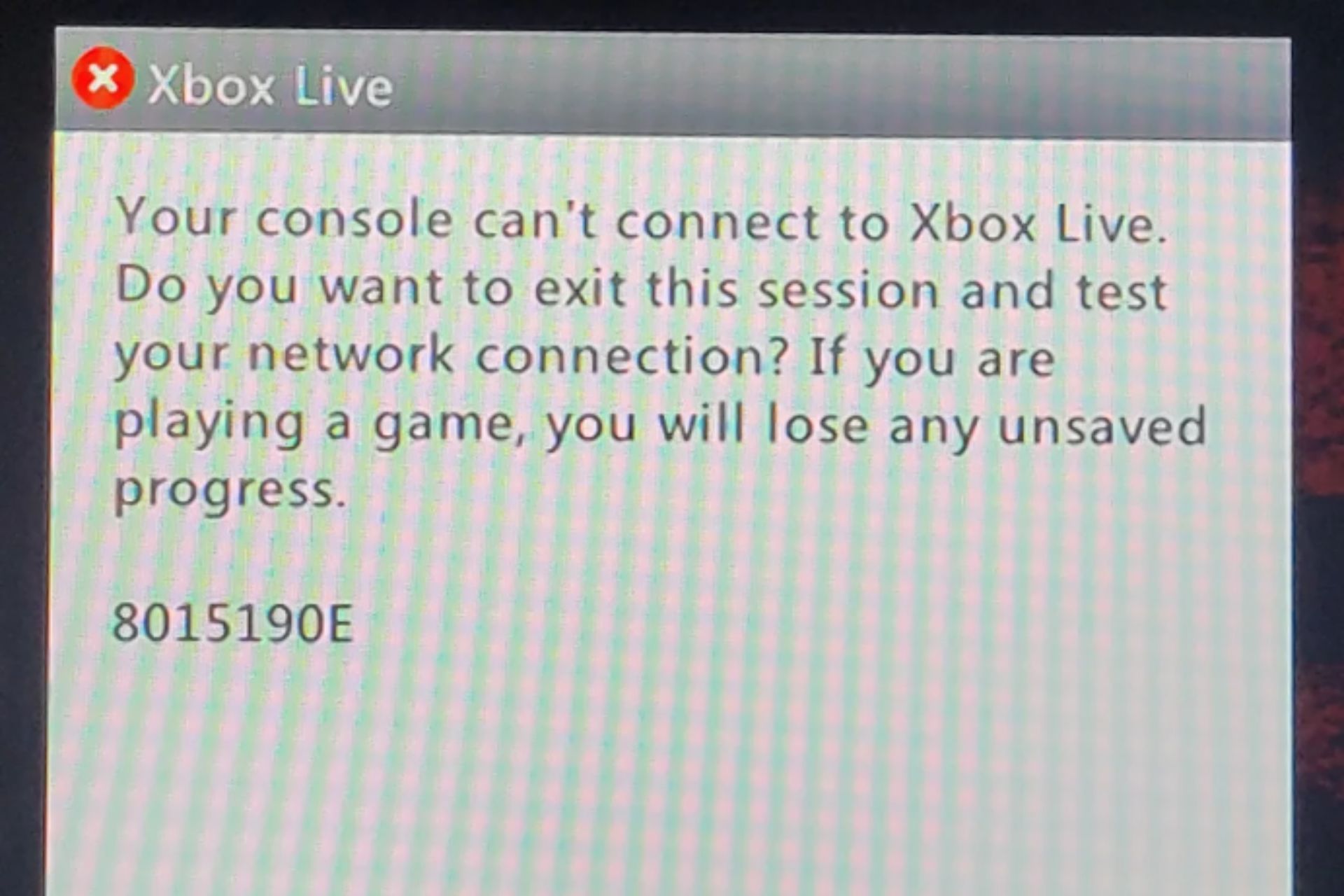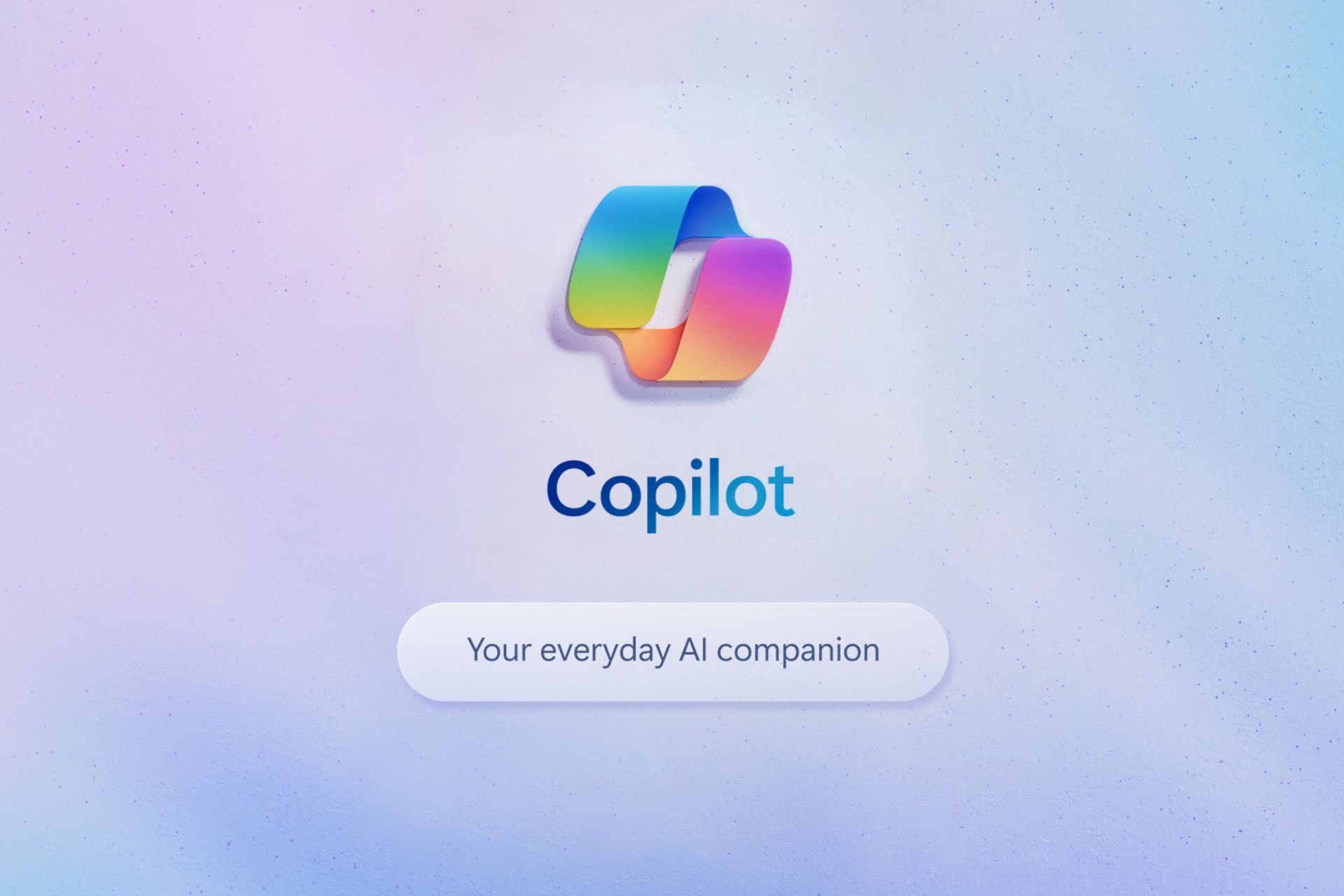Microsoft promotes online safety during Internet Safety Month
2 min. read
Published on
Read our disclosure page to find out how can you help Windows Report sustain the editorial team Read more
June is Internet Safety Month, and as part of the effort to help protect children from the more negative (and potentially dangerous) aspects modern digital life, Microsoft has taken the initiative with a post on their Microsoft on the Issues blog outlining several key issues that parents and guardians should be aware of as well as providing several resources for further reading on the subject.
Of most concern are issues relating to impersonation, hacking, online bullying and sextortion and while Microsoft praises the benefits that technology and the Internet provides, the company is fairly open about the fact that, “people – especially parents and children – need to be aware of and guard against risky situations.”
The blog post reassures readers that exposing children to technology isn’t a danger in itself but there are practices that can put some people at more risk than others and that, “risks intensify if children are online, are uninformed and are unsupervised”.
In a recent Prevention and Awareness Joint Law Enforcement/INHOPE Conference at The Hague, the Lucy Faithfull Foundation’s Michael Sheath reportedly spoke about these issues and the dangers of “The Dark Web” and said in a presentation that, “If you want to reduce (online) risks for children, engage and educate children and their parents” and that emphasized that, “Prevention activities have value.”
Microsoft shares the following five basic tips for parents and caregivers;
- Get involved in kids’ online lives
- Start (and continue) talking openly about appropriate – and inappropriate – online behaviors
- Ask (tough) questions that may make parents or kids uncomfortable
- Listen closely and openly to the responses, and
- Get help from technology.
The blog post also provides three genuinely informative (and easy to understand) fact sheets on general online safety, sexting and how to use Microsoft’s numerous services such as the Bing search engine, Xbox gaming consoles and Windows devices safely with children.
Are you a parent or caregiver? Does online safety concern you? How do you keep your kids safe? Share your advice with others in the comments below.









